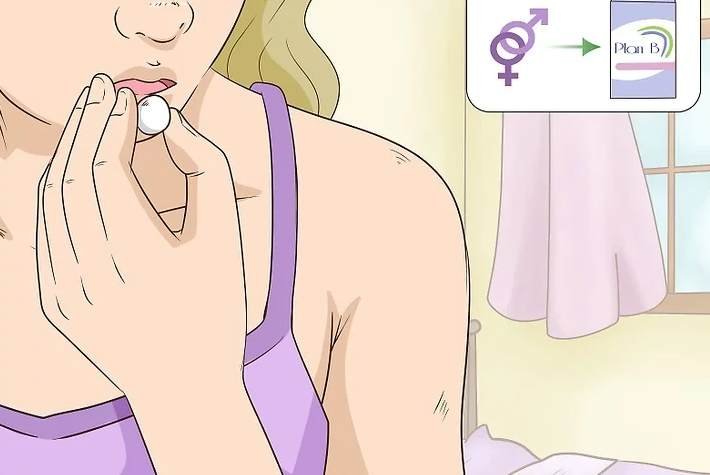Millions of people around the world suffer from mental health conditions. Depression, anxiety, bipolar disorder- the list goes on and on. While there are many treatments available for these conditions, such as medication and therapy, some people are turning to meditation as a way to improve their mental health. Also, There is evidence that shows meditation can be an effective treatment for a variety of mental health conditions.
In this blog post, we will discuss the effects of meditation on mental health and provide tips on how to get started with meditation! For more information and mental health services visit Psychspecialties. We provide optimum quality care for your mental stability and the comfort of your life. Let us help!
What Is Meditation And How Does It Work?
Meditation is a mind-body practice that has been shown to have a variety of health benefits. Meditation involves focusing your attention and awareness on the present moment while letting go of thoughts and emotions that are causing you stress. Also, This can done by focusing on your breath, a mantra, or an object. The goal of meditation is to reach a state of relaxation and calmness. When you meditate, your body enters a state of rest, while your mind becomes more alert. This can lead to a decrease in anxiety and stress levels, as well as an improvement in mood and overall mental health.
Beneficial For Mental Health
There are a number of studies that have shown the positive effects of meditation on mental health. Meditation has shown to decrease anxiety, improve mood, and reduce stress levels. In one study, it was found that people who participated in an eight-week mindfulness-based meditation program had significantly lower levels of anxiety than those who did not participate in the program.
In another study, it found that people who participated in a four-week meditation program had significantly lower levels of depression than those who did not participate in the program. Here are some of the key benefits of meditation:
Reduced Stress
Meditation can help to lower levels of the stress hormone cortisol. In one study, people who meditated for 20 minutes a day for eight weeks had lower levels of cortisol than those who didn’t meditate.
Improved Focus
Meditation can help to increase attention span and concentration. In one study, people who meditated for eight weeks had better attention scores than those who didn’t meditate. The effects especially pronounced in older adults.
Boosted Immunity
One study found that people who meditated for eight weeks had increased levels of antibodies after receiving a flu vaccine. Antibodies are proteins that fight off infection.
Meditation Treatment For Mental Disorders And Depression
Psychiatrists and psychologists are now turning to meditation as a potential treatment for mental disorders such as anxiety, depression, and OCD. While more research needed to confirm the efficacy of meditation as a treatment for mental illness, preliminary studies have shown promising results.
Common Meditation Therapies
There are many different types of meditation therapies, each with its own unique benefits. Here are six of the most popular types of meditation:
Mindfulness Meditation
This type of meditation involves focusing on the present moment and accepting whatever thoughts and emotions arise without judgment. Mindfulness meditation can help to improve focus and attention, and it has also shown to reduce stress and anxiety.
Guided Meditation
Guided meditation is a type of mindfulness meditation that involves following a specific set of instructions; typically given by a teacher or recorded voice. This type of meditation can be particularly helpful for beginners who may find it difficult to maintain focus without guidance.
Transcendental Meditation
Transcendental Meditation is a type of mantra-based meditation that involves repeating a certain word or phrase (known as a mantra) to yourself. This type of meditation said to help improve mental well-being and overall health.
Body Scan Meditation
Body scan meditation involves focusing on different parts of the body, starting from the toes and moving up to the head. Also, This type of meditation can help to increase awareness of the body and improve circulation.
Visualization Meditation
This type of meditation involves using visualization techniques to imagine positive outcomes or scenarios. Visualization meditations can used to achieve desired goals or outcomes, or simply to promote relaxation and stress relief.
Walking
Walking meditation is a type of mindfulness meditation that involves walking slowly and deliberately while paying attention to the sensations in the body. Also, Walking meditation can be done indoors or outdoors, and it is a great way to get some exercise while also practicing mindfulness.
Loving-Kindness Meditation
It involves generating feelings of compassion and kindness towards oneself and others. This type of meditation can help to increase feelings of happiness and well-being, and it has also been shown to reduce stress and anxiety.
How To Get Started
People confuse meditation with mental illness whereas meditation is a healthy activity for even healthy minds to retain their right condition. meditation can be done at home with certain considerations and elements. You don’t need professional help for regular meditation. So, if you’re interested in trying meditation, there are a few things you can do to get started.
- First, it’s important to find a quiet place where you can sit or lie down comfortably.
- You may also want to consider playing soft music or using an essential oil diffuser with calming scents like lavender or chamomile.
- Once you’re settled, start by focusing on your breath and counting each inhales and exhale. If your mind starts to wander, simply refocus on your breath.
- You can also try repeating a mantra or positive affirmation to yourself.
- Start with just a few minutes of meditation each day, and gradually increase the amount of time you meditate as you become more comfortable with the practice.
Epilogue
We hope you’ve found this post helpful and informative. Also, If you’re looking for more information on how to get started with meditation; or if you want help finding a therapist who can offer meditation therapies, please let us know. Also, At Psych Specialties, we are committed to helping people lead healthy; happy lives and we believe that meditation is an important tool in achieving that goal.




